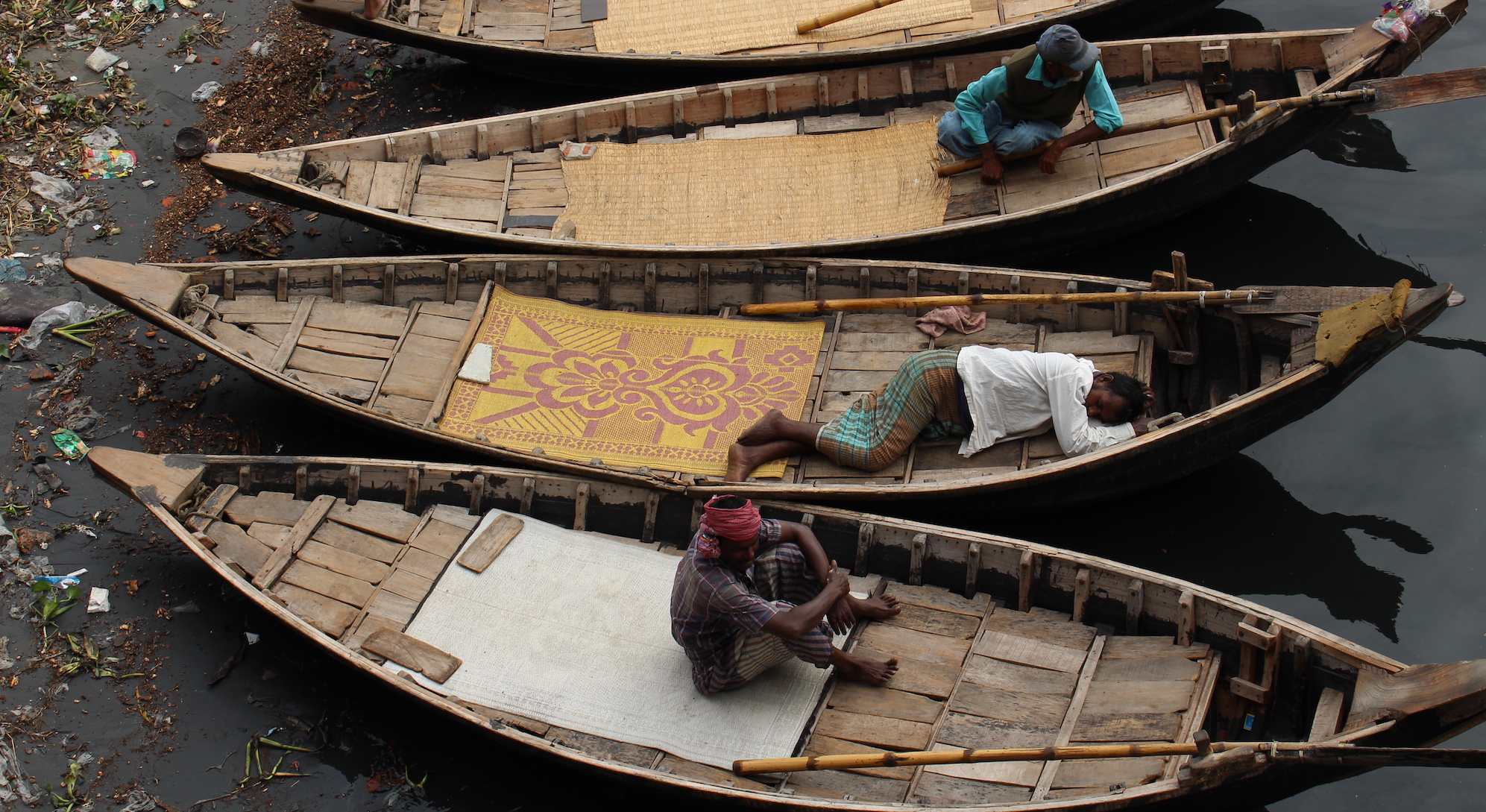The Demand Side of COVID-19 Research: What Governments Need From Researchers for Effective Crisis Response

Across IPA’s 22 country offices, we partner with several dozen government ministries. In recent weeks, a new policy priority has arrived on most every policymaker’s agenda: responding to the challenges presented by the COVID-19 crisis.
Many of the countries where we work are still bracing for the worst of the pandemic’s impacts, and early action is critical for saving lives and livelihoods. Our partnerships with policymakers have allowed us to see how the impacts of the pandemic will be interpreted and addressed by decision-makers globally—from strains on health systems to the economic impacts of social distancing and business closures, to the education challenges arising from shutting down schools—and this has shaped our organizational response.
This is the first in a planned series of posts about how our government partners are responding to COVID-19 and the data and evidence they need to make effective decisions in addressing these challenges. In this post, we discuss policy priorities we’ve been working with our partners to address in Ghana, Rwanda, and Bangladesh.
Ghana: Rapidly Assessing Short-Term Impacts Across Sectors
IPA Ghana has collaborated with a range of government partners for over ten years, and these ongoing partnerships are now giving us a window into how the crisis will impact vulnerable groups. Here are a couple of examples:
- The National Board of Small Scale Industries (NBSSI) wants to identify which small businesses are most vulnerable to the pandemic-induced economic downturn and which will have the hardest time complying with measures like social distancing, with a focus on how impacts may differ for women-led businesses. Building on our long relationship, IPA Ghana and IPA’s Small and Medium Enterprises program are developing a partnership with NBSSI to explore how to study these questions, while also sharing information on different policy responses to support businesses and advising on policy design based on existing evidence.
- The Ministry of Education has closed all of its schools and is now planning for distance learning. As distance learning is rolled out, it is important to determine the most effective way to reach children through distance learning, how teachers can best facilitate such learning, and the eventual impacts on learning outcomes. IPA plans to analyze survey data as part of our existing embedded support of the Ministry to help answer these questions and inform the implementation of distance learning.
Rwanda: Planning for Remote Instruction
Like education agencies across the world, Rwanda’s Ministry of Education is contending with a massive challenge: how to help students, teachers, and parents adapt to a situation where students can no longer attend school in person. The Rwanda Education Board (REB) plans to use distance learning strategies, but questions remain about how to get teachers the information and communications technology (ICT) tools they need to implement this effectively.
Like education agencies across the world, Rwanda’s Ministry of Education is contending with a massive challenge: how to help students, teachers, and parents adapt to a situation where students can no longer attend school in person.
To inform the distance learning strategies, IPA is looking to work with the REB to assess teachers’ ICT literacy and access—collecting data that will inform the government’s response to the COVID-19 crisis and its use of education technology in the long term.
Bangladesh: Planning for Relief—and Recovery
With one of the world’s highest population densities, a resource-constrained health system, and an economy relying on the export of ready-made garments and remittances from abroad, Bangladesh is at risk of being among the most severely affected countries by the COVID-19 pandemic.
BRAC, an NGO that operates many social programs in the country, is planning a nationwide humanitarian relief effort. The government’s Access to Information (a2i) unit, meanwhile, would like to use nationally-representative data to help ministries determine how to allocate scarce resources to contain the spread and quicken the recovery.
IPA Bangladesh is launching a nationally-representative panel survey under the leadership of Mushfiq Mobarak to understand COVID-19’s health, economic, and social ramifications.
IPA Bangladesh is launching a nationally-representative panel survey under the leadership of Mushfiq Mobarak to understand COVID-19’s health, economic, and social ramifications. The survey data will help a2i, BRAC, and other organizations design data-driven rapid interventions for the present moment and for recovery programs once the pandemic has ended. Meanwhile, IPA’s Financial Inclusion Program is leading a study focusing on three vulnerable populations likely to be disproportionately impacted by the virus—widows, old-age pensioners, and disabled people—to inform a2i, the Ministry of Social Welfare, and the Ministry of Women and Children on how to best provide social safety net support to Bangladesh’s most vulnerable people using new digital payments channels.
IPA is privileged to be in partnership with these policymakers and to support their efforts as they serve during this crisis.
This blog post is part of a series about IPA’s Research for Effective COVID-19 Responses initiative, or RECOVR, which is supporting immediate response efforts and providing longer-term research evidence to decision-makers working to mitigate the impacts of the crisis in the Global South.











